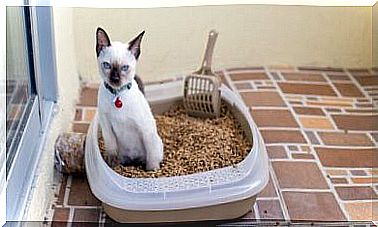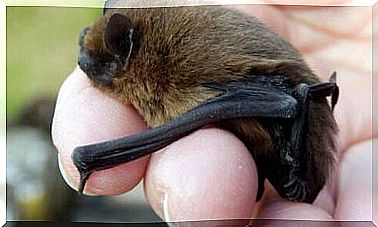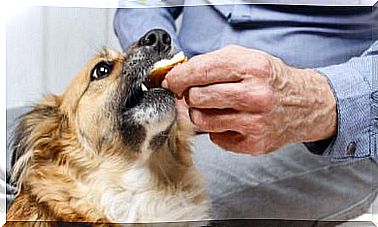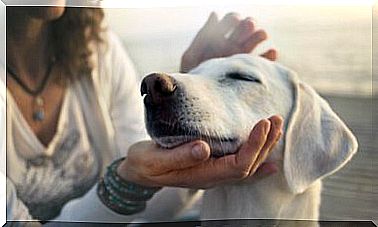10 Tips To Prevent Your Dog From Transmitting Diseases To You

The transmission of disease between a person and a dog is easier than it seems. In order to control them, it is important to follow vaccination programs and give proper importance to regular hygiene.
The term “zoonosis” describes those diseases that animals can transmit to humans. Theoretically, the opposite is also possible, that is, humans transmit diseases to animals. This is called “reverse zoonosis”.
Below are a number of guidelines that will help you prevent your dog from transmitting diseases to you.
Vaccination programs
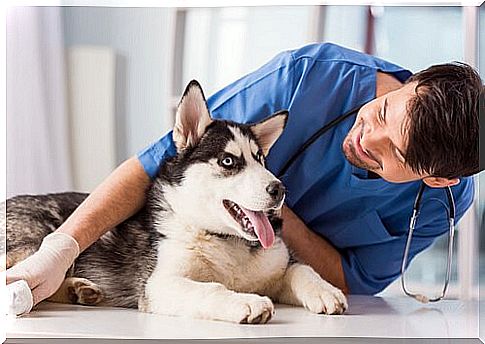
It is of the utmost importance to carry out the various vaccination and deworming programs. In this way we avoid diseases such as rabies or leptospirosis, which are very dangerous for health. We protect the dog as well as its owner from possible infection.
Breast milk
The mother dog transmits various antibodies against diseases to the puppies through her milk. It is therefore important that the puppies are fed breast milk for as long as possible.
Kisses and licks
No matter how well we groom and keep our four-legged friend clean, kissing them on the nose or allowing them to lick our face is never a good idea . Dogs sniff many things, including the backs of other dogs, which some parasites and bacteria call home.
Even if it seems like tenderness or just too cute the way our dog licks our face, we don’t forget that they usually use the same tongue to clean their genitals. They also leak other things that seem even more disgusting to us humans. We should strive to find other ways of expressing tenderness.
The dog’s paws
When we return home from daily walks with our pet, it is advisable to clean their paws. They often get wet during the excursion and then stay moist. This makes them the ideal reason for fungal infections.
Bath and brushes
For reasons of hygiene and to control fungal growth or flea infestation, it is important to bathe our dog regularly. If we notice changes in the skin, it is best not to touch it with bare hands and it is better to see a veterinarian.
Disinfection of the dog bed
The place where our friend sleeps should be clean and regularly disinfected so that diseases don’t stand a chance.
Take care when walking
If we take our pet to places where other dogs are regularly, or if we live in the country, it is of the utmost importance that our dog does not come into contact with the urine and feces of the other animals. In this way we can prevent him from contracting diseases such as brucellosis. Don’t let him drink sewage. If he has entered wetlands or other wet areas, we bathe him immediately after returning. It is also important to avoid coming into contact with wild animals or pathogens such as rats.
We also infect the animals
If we suffer from contagious diseases, it is also important to exercise caution not to infect our pet. It has been proven that we can transmit some diseases such as mumps, MRSA, tuberculosis and even fleas. It should be noted, however, that this is very unlikely and that there have been only a few isolated cases.
Diseases like ringworm
Ringworm is one of the diseases our dog can transmit to us. Ringworm spores are produced by fungus, and a pet can get infected with a fungal infection. Symptoms of the disease include sores on the dog’s skin, patches of coat loss, red spots on the skin, etc.
Hookworms
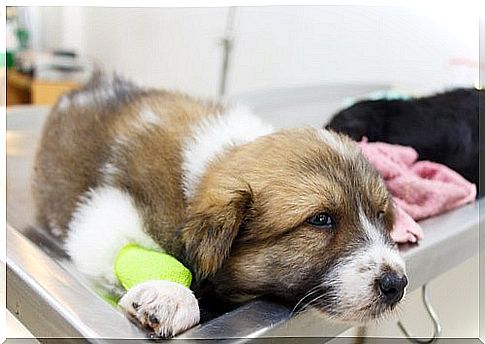
The hookworms suckle on the dog’s intestinal lining, which can result in potentially fatal blood loss, especially if it is an infestation on puppies. The eggs of these parasites are found in the feces of pets and can be transmitted to their owners through the skin if, for example, we step barefoot on a dog poop.
The main symptoms of this disease in our dog are diarrhea and weight loss.
Although people are rarely infected, we show the following symptoms: itchy rash , coughing, wheezing, stomach pain, anemia, or loss of appetite.
Effective treatment with vet-prescribed deworming agents will cure the pets. People should contact their doctor.
